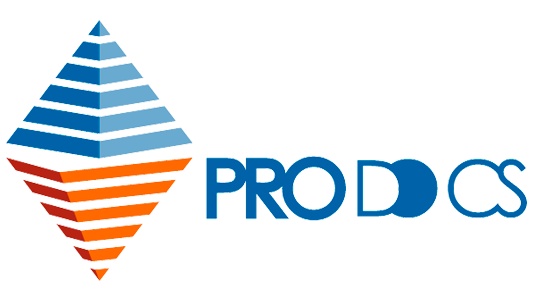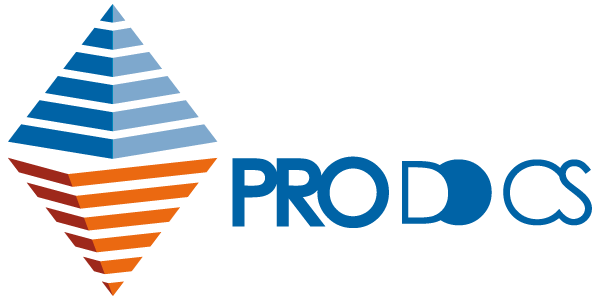LINK UTILI:
–








–
PRO.DO.C.S. has been present in the country since 1994 with several projects.
Since 2001 PRO.DO.C.S.’ Section of Vasto supports health projects in partnership with the Social Pastoral Caritas of the Department of Beni by realizing primary care for the indigenous people of the 26 villages located on the shores of the Mamore River.
In these areas they live the indigenous peasants of Movima ethnicities, Cayubaba, Moré, Trinitarian, Canichana, Yura and Mojena who have little access to health services, do not possess the elementary electrical systems, do not have access to clean water and sanitation, suffer of endemic diseases such as malaria and are reluctant to move into the best equipped health centers.
The project supports the surgery to treat the harelips and provides health care to the infants affected by harelips
The boat sail the Mamore river each month from the city of Trinidad, capital of Beni.
The traveling personnel of “Barco de Salud Kenko Go” consists of 8 people: doctor, nurse, dentist, midwife, pilot boat, sailor, cook and logistician. They realize the medical visits with treatment of minor illnesses on site and they transport the most seriously ill patients in the referral hospitals. The boat remains a few days in each village.
 Both projects were realized with local NGO DESEC to go on with the promotion of an agro-zootechnical development in favor of recipient groups.
Both projects were realized with local NGO DESEC to go on with the promotion of an agro-zootechnical development in favor of recipient groups.
The projects supported more than 1.000 native Aymara and Kechwa farmers families during the process of necessary technical knowledge to improve livestock, regarding diet, health, genetics and handling. Farmers can count on permanent technical services, improved infrastructures and marketing of diversified products.
Activities reached 51 native Aymara and Kechwa communities. Technical services were diversified according to the farmers level of preparation, intensifying the visits on the field for experimentation and trying to reinforce the participation trend. Very important was the organization of work with ORPABOL, a basic farmers’ association that count on 818 members, 483 men and 335 women. Thanks to the attentive work of counterpart DESEC in giving assistance for the crops, a system of kitchen gardens and food security through the improvement of zootechnical sector, the native communities have been participating with interest and met positive results for their own subsistence.
Agro-zootechnical sector
In the matter of training, the main themes were directly connected with productive cycle during the year: improvement of the traditional crops and their treatment with agrochemical products – without underrating proposals of biological battle-, and management of some pathologies present in the area. 30 paratechnicians received training and, through Internet, are now able to deal with zootechnical services and agricultural advice. The production and productivity improvement of the sheep and camel breed has been provoking a marketable surplus and an income increase to advantage the population’s living standards. Very important was the construction of 8 sheep sheds near the communities: they are used as mating centers for the improved breeding animals put at disposal of the farmers. Every year an agro-zootechnical and crafts fair is held.
Agro-forest sector
Natural and human habitat has been preferred in training process for the preservation of the native models of organization and production. The knowledge about the soil and vegetable species conservation was reinforced, together with the awareness in environmental preservation and eco sustainable development.
A garden center was created to increase agricultural productivity within the ORPABOL communities and a campaign concerned with soil reforestation has been carried out.
Marketing and micro credit sector
A service office was created to deliver consumer foods to the structures in different municipal stores, set up thanks to the program and located in the beneficiary communities. In these stores, communities can buy basic products staying in their own villages. They also become a source of profit at local level: recipients become more interested in acquiring capacities in the running of municipal stores.
Technical assistance was offered to a higher and higher number of rural communities: Aymara and Quechua, now up to 36 communities only in Bolivar province; this is a positive extension of the project.
If rural centers can be difficulty reached, activities of counterpart DESEC have advantaged the road system. If the roads were initially only simple paths, now communities can reach main cities in a easier manner, not only for trading activities, but also to benefit from their basic services: hospital, markets, etc.
Basic organizing sector
Some important results were reached in gender issue, thanks to the activities that reaffirmed the importance of women in the development of family unit. All this, without disregarding the production roles of the women in economy and family’s welfare.
It is important to underline that program action had to deal with country’s political and socio-economic difficulties. Bolivia lived a popular constant protests and strikes against some government policies that negatively affected local development condition and, especially, the possibilities of satisfaction of the primary needs of the native population.
Go BACK →

